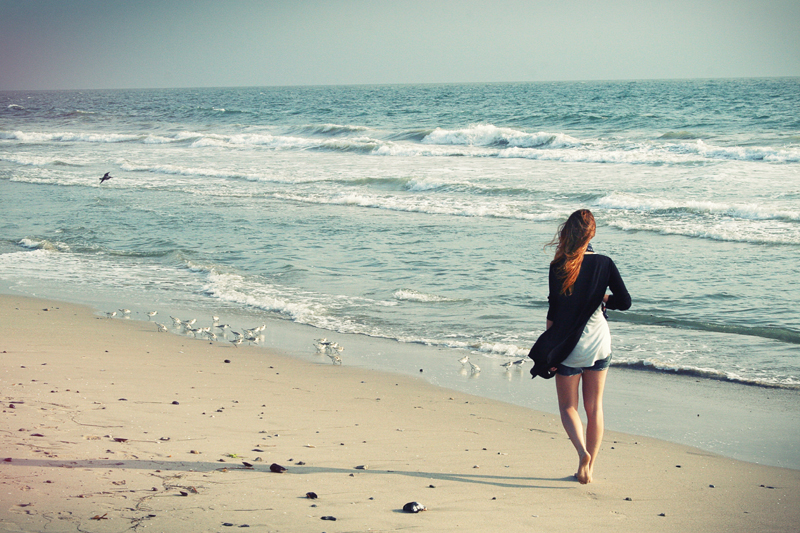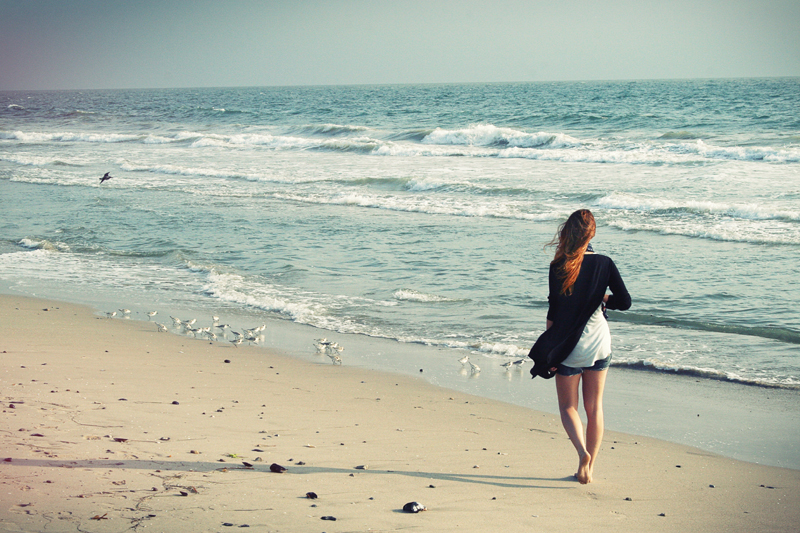
Here it goes again, another day without walking. And that after just reading in Norman Doidge’s book The Brain’s Way of Healing: Remarkable Discoveries and Recoveries from the Frontiers of Neuroplasticity (affiliate link) about a guy with Parkinson’s in South Africa, John Pepper, who managed to reverse the motor symptoms of his illness at seventy-plus—some four decades after being diagnosed—by taking three five-mile walks each week.
Other research in this book suggests that the onslaught of even direr illnesses such as Huntington’s can be postponed through walking—as an experiment with mice, in which some were sedentary and others were on running wheels, suggests.
Disclaimer: I am not a medical or health practitioner, and no part of This Blog, or the websites and products I mention and link to on This Blog, is intended as professional medical or health advice, and should not be considered as such. Consult with your doctor(s) about starting any course of treatment, taking any supplements, or changing any (dietary, exercise, etc.) routines. Note that natural supplements and even some foods may interfere with certain medications. Here are my Full Terms and Conditions.
Disclosure: This blog post contains some affiliate links. If you click on them and make purchases, they generate revenue for this blog at no additional cost to you. As an Amazon Associate I earn from qualifying purchases. I am also a Zazzle Associate and designer, and I earn commissions when you buy products through my referral links. All affiliate links on this blog are identified as such. Here’s my Full Disclosure.
In my defense, I’ve tried treading in place and dancing in front of the TV, and that did the trick for a while in terms of helping my herniated back not get stuck, but when I used it in lieu of walking outside I started having sleeping problems. And this is just the beginning. The brain atrophies with time, and it does so faster if we’re not walking. Also, a brain powered by exercise outdoors is a happy brain, swimming in endorphins and dopamine, norepinephrine and serotonin.
Exercise—walking, hiking, cycling, etc.—can send all sorts of ogres packing: Alzheimer’s and dementia, anxiety and those stressful feelings that raise the pulse and blood pressure after the release of cortisol. (Cortisol, a steroid hormone made by the adrenal glands, can also lead to insulin resistance if present in high amounts in your bloodstream for long periods of time.) Stress, the kind many of us faced in 2020, can be rather dangerous.
I’ve been writing fiction and poetry to take the edge off things, and lately I’ve turned back to making collages, which puts me in a flow state where time leaps off the edges of my consciousness and it’s just me, picking up some ideas among the many that float in the pages of magazines.
But I don’t have much time for collages. Or for fiction, if it doesn’t sell. And yet the way I’m wired, I can’t defuse the stress unless I do creative things. Of course I also enjoy going for walks, but as I don’t have a fixed salary, I find it hard to make myself take the time to relax in ways that are not directly productive. I say directly, because I happen to extract lots of inspiration from people and things I see in the city.
One thing I see on my walks is how much everyone loves Paris (their T-shirts sport statements like “I [heart] Paris” and “J’aime Paris”), and I’ve actually sold a design with much Paris love myself too (“J’adore Paris,” with two cats in love). Then there were the years of lots of sparkle and glitter. I wonder if they’ll come back with a vengeance after this Covid crisis.
I’ve also noticed during my walks that people actually do love bookstores. It was comforting to see, on my outings last year, that there were no more people in popular clothing stores than in my favorite bookstores. Of course, the pandemic had something to do with it, but still.

After a long year I too found extra time to enjoy some good books during the winter holidays. Among the yummy titles, I found one called The Nature Fix: Why Nature Makes Us Happier, Healthier, and More Creative, by Florence Williams (affiliate link). I haven’t read it all, but I will and will write about it as I do. What impressed me so far is the importance the Japanese place on forest bathing, or “forest therapy,” and how 68% of Japan’s land is actually made up of forests. Hiking in forests lowers those pesky cortisol levels (of course!), blood pressure, and heart rate. And studies show further benefits. According to a study by Quin Li, a researcher the author interviewed for this book, forest bathing (shinrin-yoku; shinrin means “forest” and yoku, “bath”) boosts natural killer (NK) immune cells for up to a week after three days of hiking for two hours or so. What’s amazing is that those so-called natural killer cells are impacted by phytoncides—essential oils given off by trees. The Japanese countryside, according to recent studies, has over a hundred such volatile substances.
Time to head to a park. More about Florence Williams’s book later.
To a happier, healthier life,
Mira
P.S. I’d appreciate a pin/share if you found my post helpful. Thank you! 🙂






